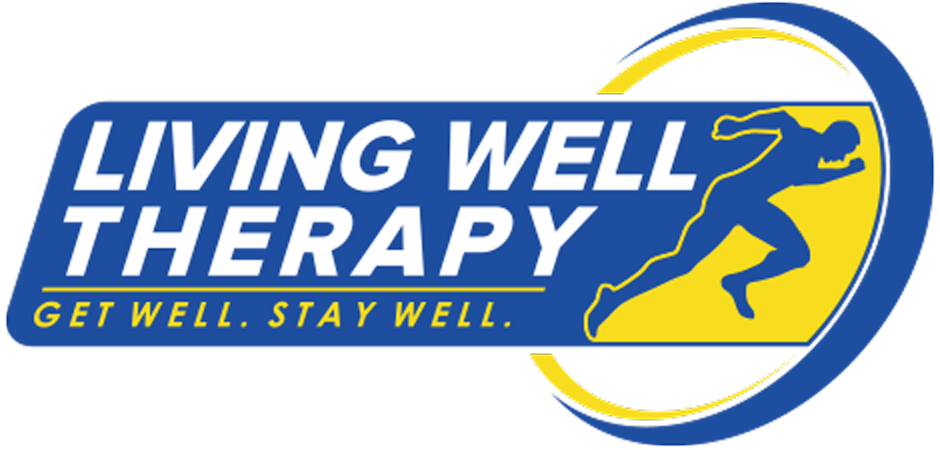PAIN TREATMENT

Do You Have Back Pain?
Nine out of ten Americans will have back pain at some point during their lives, so you are not alone. Disability from low back pain is second only to the common cold as the leading cause of lost work time.
No matter how bad your back pain may be, we do not buy the theory that there is no hope for chronic pain relief or reduced disability. If you’ve been told to “learn to live with it,” we recommend you visit our clinic for a second opinion. We have extensive experience in treating patients with pain, due to back injuries or chronic conditions.
Learning to live with pain should not be your first option. Medical research has clearly established that there are many methods of treatments to help control or reduce pain.
Prescription Drugs for Back Pain?
While prescription drugs may provide temporary relief to your condition, there are two problems with this method of treatment.
First, drugs only help the symptoms of your pain and do virtually nothing to stop the causeof it.
Second, taking medication for a long period of time is detrimental to your health. The New England Journal of Medicine has reported that people who consume two or more tablets of acetaminophen (e.g. Tylenol) daily for at least a year triple their risk of developing disabling kidney disease. Acetaminophen also reduces your liver’s ability to remove toxins from your body (toxins are a known source of pain). You could use aspirin instead, but chronic aspirin consumption can result in intestinal bleeding and ibuprofen can increase your risk of ulcers.
Masking your pain with drugs is not a long-term solution, but rather a temporary expedient.
We want to give you a healthy way to obtain relief
During our evaluation, we will carefully assess the contributing factors of your back pain and develop a comprehensive, highly customized treatment.
Your evaluation findings will help us to find things like hypo or hypermobility in your spinal segments, ligament/tendon injuries, biomechanical dysfunction, and muscle weakness, to name a few.
Therapeutic back exercises are individualized to your needs. There can be an emphasis on restoring the endurance and strength of the small muscles of your back. These muscles are responsible for how your spine stabilizes itself throughout the day. Clinical research has shown that weakness in these muscles may be associated with degenerative changes to the spine or a future disc injury.
Preventing the Pain from Reoccurring
Once your pain is reduced, our therapeutic support continues. There is always the possibility of relapse; our intention is to make sure that does not happen. We recommend a combination of special exercises and improved lifestyle habits to keep you fully functioning for the rest of your life.
Treatment Tools
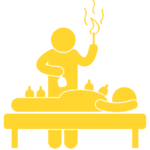 |
Cupping Therapy | |
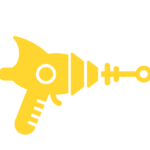 |
Low Level Laser Therapy | |
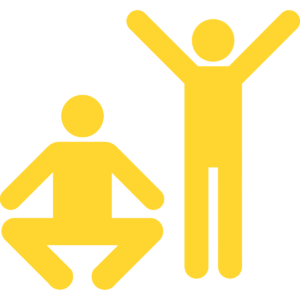 |
Therapeutic Exercise Prescription | |
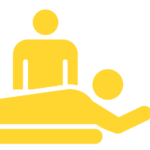 |
Hands on Manual Therapy | |
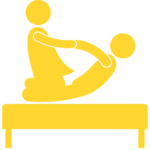 |
Manual Traction | |
 |
Mechanical Traction | |
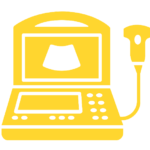 |
Ultrasound | |
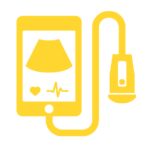 |
TENS Prescription | |
 |
Soft Tissue Mobilization | |
 |
Ionotophoresis | |
 |
Gait Training | |
 |
Stabilization Taping | |
 |
E-Stim | |
 |
Balance Training | |
 |
Ergonomic Analysis |
